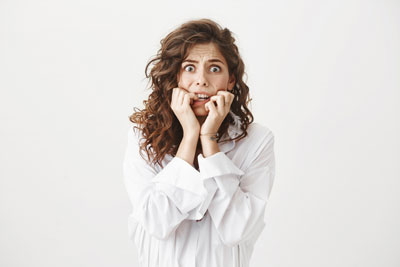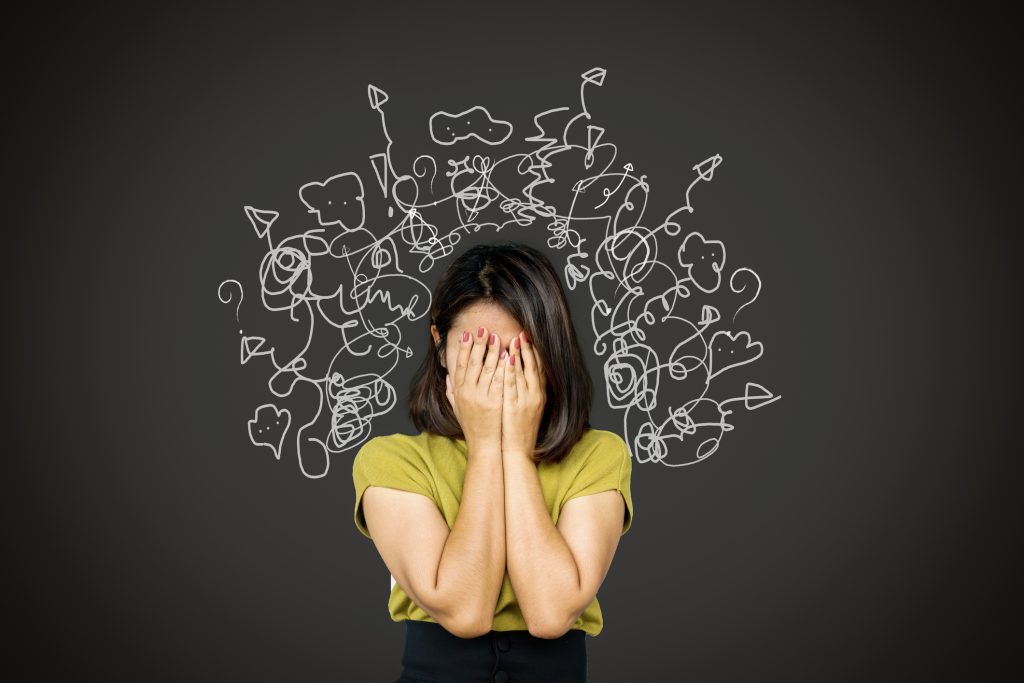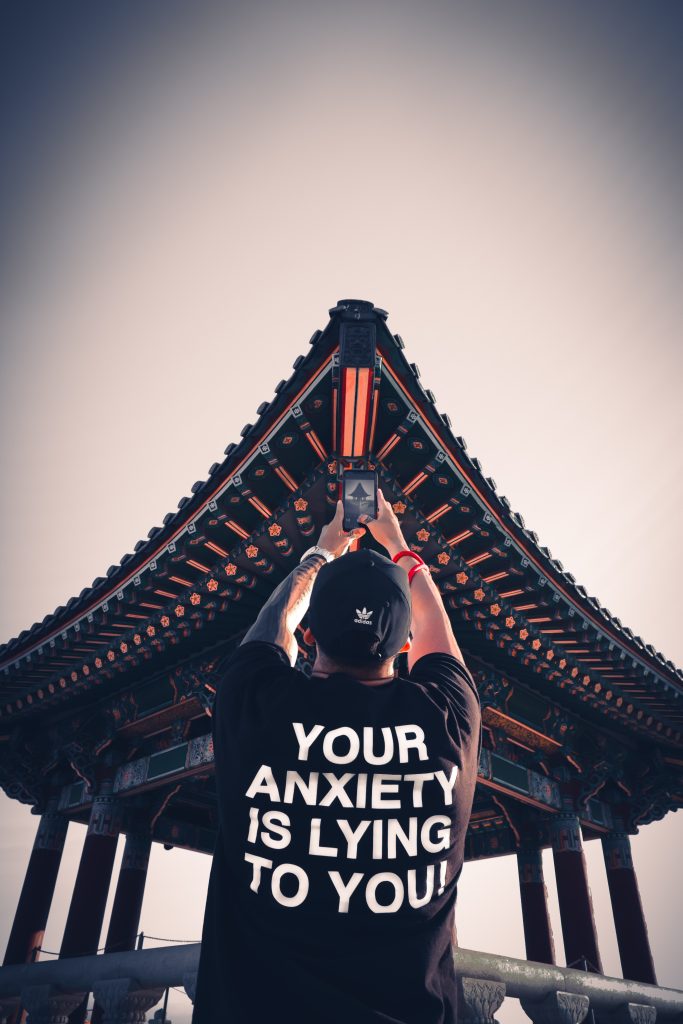Mental health month has been around and observed in US every May since 1949 and was originally started by the Mental Health America organization. Every year it focuses on a different theme and this year it is ANXIETY.
Even with several global awareness programmes relating to mental health issues, there is still a stigma associated with mental health and people hesitate to seek help or even talk about it with family and friends for fear of being judged.
During Covid, Mental Health America chose “tools 2 thrive” as its theme to help people coping with depression, stress etc. and tried to help people find something to be positive about.
What is anxiety?
Anxiety is a feeling of worry, nervousness, or unease about something with an uncertain outcome.
Words associated with feelings of anxiety:
Worry
Concern
Apprehension
Unease
Fear
Agitated
Nervous
The opposite would include calmness and serenity.
When you have anxiety, recognizing the symptoms and taking steps to manage the condition before resorting to medical assistance is the first course of action.
Are you anxious? Maybe you’re feeling worried about a problem at home, at work or with friends? In life, everyone experiences anxiety from time to time. For most people, feelings of anxiety come and go, only lasting a short time. Some moments of anxiety last anywhere from a few minutes to a few days.
For some people, these feelings of anxiety are more than just passing worries or a stressful day at work. Your anxiety may not go away for many weeks, months, or years. It can worsen over time, sometimes becoming so severe that it interferes with your daily life.
Symptoms of Anxiety
Sleeplessness
Digestive disorders
Panic attacks
Irritability
Withdrawing from social gatherings
Increased heart rate
Weakness
Trembling
Sweating
Shortness of breath
Anxiety -v- Fear

Fear is an appropriate response to a perceived threat often referred to as the flight or fight response. This means that it is natural to react to a potentially dangerous situation. Where it gets out of control is when you are seeing threats and feeling uneasy about situations that are not putting you in danger.
Fear and anxiety can be differentiated e.g., fear is short lived, present focused, i.e., the danger of the moment and geared towards a specific threat. Anxiety on the other hand is long lasting, promoting excessive caution and interferes with your mechanism to cope constructively.
What Causes Anxiety?

Unfortunately, it is not well understood what causes anxiety and anxiety disorders. For some people, genetics will play a part, for others it may have stemmed from a medical illness where the first signs were physical rather than mental. Traumatic experiences either in the past or more recently can trigger worry and concerns.
When should you see a Doctor?
Treating anxiety and mental health issues is better early on rather waiting until symptoms get worse. It can be difficult to tell when anxiety is a serious medical problem rather than a bad day at the office.

You should visit your doctor if:
- you feel as though you’re worrying so much that it’s interfering with your daily life (including hygiene, school or work, and your social life).
- your anxiety, fear, or worry is distressing to you and hard for you to control.
- you feel depressed, are using alcohol or drugs to cope, or have other mental health concerns as well as anxiety.
- you are experiencing suicidal thoughts.
- you are experiencing suicidal thoughts or are performing suicidal behaviors.
Find the right Professional Help

If your Doctor agrees that “talking therapy” is suitable for you, find the right professional and engage their services and support.
Remember dealing with anxiety and anxiety orders takes time and is an ongoing journey. Be patient.
Self-Care
Coping with anxiety is a 24 .7 journey and even if you have a therapist, there are things you can do for yourself to help reduce your anxiety.
Exercise – exercise release endorphins that make you feel good.
Get enough sleep.

Get yourself outside.
Healthy diet – focus on what you are consuming and eat for health.
Avoid alcohol and/or drugs.
Stop smoking.
Make a daily routine.
Meditate
Read a book.
Keep a diary of how you are feeling and any triggers.
Reach out to people.
Talk – don’t keep things inside
Remember there is always someone worse off than you. Find something to be grateful for and remind yourself daily that you are in a good place and deserve the best.

